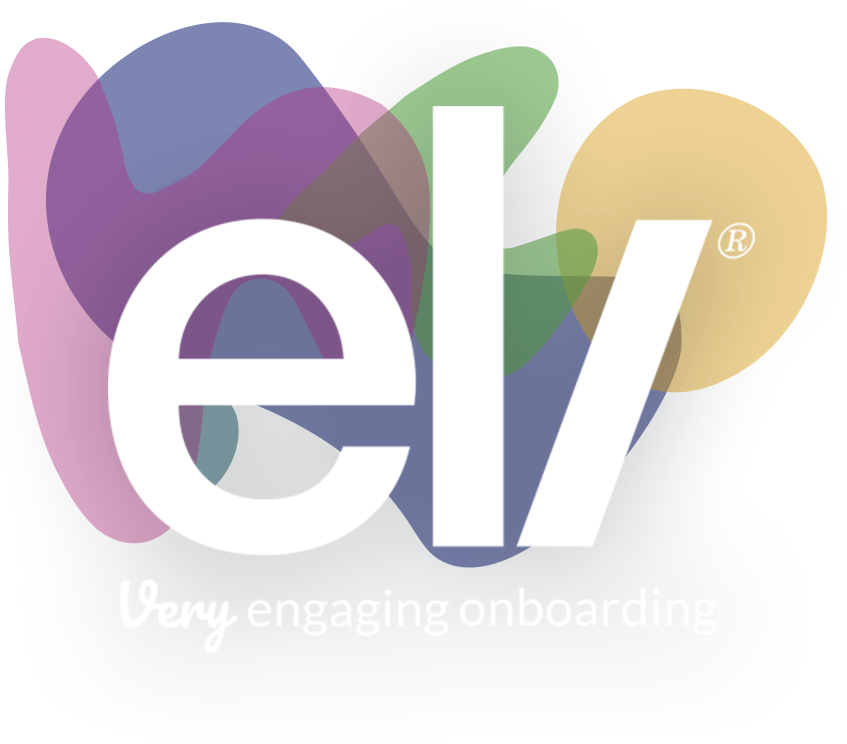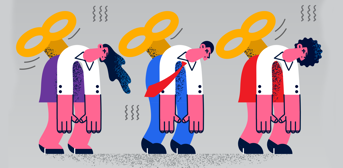Neurodiversity and the candidate experience
 29/01/2026
29/01/2026
It’s estimated that around 15-20% of the UK population are neurodiverse. That’s one in seven working age people. Yet unemployment in this group, which includes people experiencing autism, ADHD, dyslexia, dyspraxia, Tourette’s syndrome and a range of other conditions, runs at between 31-34%. That’s a huge amount of exclusion – and a vast wealth of untapped potential.
So how can employers be part of the solution when it comes to welcoming, onboarding and supporting a truly neurodivergent workforce? We spoke with Donna Wearn, Executive Director of People, Performance and Learning at Autism Unlimited who, along a wealth of other services, provide understanding autism training to employers.
It’s the same process for all
Donna stresses that having a positive approach to recruiting and onboarding a neurodiverse workforce isn’t achieved in isolation from your overall EDIB strategy. “This is not a separate box ticking exercise. It’s about creating a sense of belonging for every person who works with us. We find that many of the modifications and initiatives we’ve implemented for neurodiverse colleagues are also seen as positive by neurotypical members of the team.” In short, the way you recruit, onboard and retain to nurture a neurodivergent workforce should be a blueprint for welcoming everybody. This is particularly important when you consider that due to fear of stigmatisation and prejudice, neurodiverse people will often be reluctant to disclose their condition to a new employer – initiatives which are ringfenced for those who self-identify, might end up excluding the very people they were specifically designed for.
"We find that many of the modifications and initiatives we’ve implemented for neurodiverse colleagues are also seen as positive by neurotypical members of the team.”
It starts with the recruitment process
From the language used in recruitment advertisements, to preparing people fully for what to expect during the interview, there is much an employer can do to make sure everyone feels welcomed and able to give of their best.
“It’s important to make sure that all language used in recruitment communications is clear and unambiguous,” says Donna. “Remember that autistic people can interpret language literally. If an advertisement states three years’ experience is required, an autistic person might de-select themselves, thinking ‘I only have 2 years’ 10 months – I can’t apply’. Similarly, during an interview, be aware of the language you are using. For example, the sentence ‘Take a seat’ can be confusing if you process language more literally. We had a candidate who picked up the chair and asked where we wanted them to take it to.”
It’s also very important to prepare people for the interview, once selected. “We send all candidates who are driving to their appointment, a picture of the car park and of the parking space we will reserve for them,” explains Donna. “We also forward photos of the interviewers they will meet, and we share, in advance of the meeting, a list of the questions we will be asking. Again, this is the same for everybody – not just those who are neurodiverse. Everybody can give of their best when they know what to expect and there are no surprises.”
“It’s also important to make sure people feel physically comfortable. We ask candidates if they’d like the door to the room open or closed. We don’t chase eye contact if the interviewee is not naturally doing so. Also, let people know that they are free to get up and walk around if they want to. Make it clear – it’s their interview, and we want them to be comfortable.”
Preboarding is key
Regular communication between offer and the first day in the job is vital, to give new recruits plenty of time to process information about their new employer, their team, and their role. This does much to take away the pressure of information overload and the anxiety that uncertainty can cause in the first days and weeks of a new job.
“We use the Eli Onboarding platform, and it’s perfect for welcoming a truly neurodivergent range of candidates,” says Donna. “It allows us to deliver clear communications and present information in a wide range of ways, to ensure everyone can access it easily. We are able to use text, photography, video and infographics, this enables each individual to choose the format that suits the way they process information. Eli also has an interactive forum, which allows people to ask specific questions with their line manager, team, HR, payroll etc. and ensures they feel prepared. The social streams keep people up-to-date with all the latest news and events, which helps to build a sense of belonging in preparation for their first day.
Clearness, consistency and certainty
For a section of the neurodivergent population, routine and structure are very important. “We created a 3-month road map for our new joiners, which they can access in advance on the Eli system. This creates a sense of certainty and a clear understanding of milestones.” Such roadmaps can also be produced for line managers, helping them to understand their exact responsibilities when onboarding team members.
Tailoring communications to the individual
“If you’ve met one neurodiverse person, you’ve only met one neurodiverse person,” says Donna. “When our new recruits join, we take time to understand each person’s needs. We ask about communication styles, and the way they work best – would they like face-to-face meetings or verbal briefings, do they prefer written communications via email? Do they like a lot of contact with teams and managers, or to be left alone to complete tasks? We have various initiatives for all our new starters, including ‘speedy hellos’ so colleagues can get to know internal stakeholders, and ask any questions they want.”
Diverse working environments to suit different needs
“We give people lots of options, including opportunities to work from home or in the office. We have quiet spaces and breakout rooms for people who want to be away from sensory overload and bright lighting. It’s about choice. Some people crave more stimulation – some less, so it’s important to provide different spaces and equipment to meet different needs. For example, welcome packs can include noise-cancelling headphones, fidget toys or maybe popping candy! We even have our own in-house therapy dog (of course we also make sure that the needs of those who don’t want to be around dogs are being respected too).”
Feedback, Feedback, Feedback
“The development of our onboarding experience is never finished. We have to be sure that it is working to meet everybody’s needs.
At Autism Unlimited, we have a culture of Radical Candour. We actively encourage feedback – which means it’s very useful to have a section of our workforce who are comfortable providing direct and authentic feedback on their experiences. We know they will definitely tell us if they think something isn’t working! This has helped us make improvements to the information we put on Eli.
For example, we were told the content was too wordy – so we worked to make it even more concise and clear, and include more infographic content. This was a great example of changes we made due to feedback from neurodivergent colleagues, which also benefited our neurotypical teammates. Eli as a system is very flexible, and user-friendly, and can be easily updated, making immediate changes simple.”
Tangible results
“As a result of a range of innovations – including our new onboarding strategy and launch of the Eli platform – we saw a 9% increase in retention. A lot of our people work in the adult social care space, and we’re really proud that our overall people turnover is lower than the sector average.”
Autism Unlimited have designed and co-produced understanding autism and autism acceptance training in partnership with their autistic network, which can be accessed via e-learning or face-to-face.
What’s more, Autism Unlimited and Eli Onboarding were crowned winners at the The RAD Awards, the IHR Awards and the Firm Awards too!





